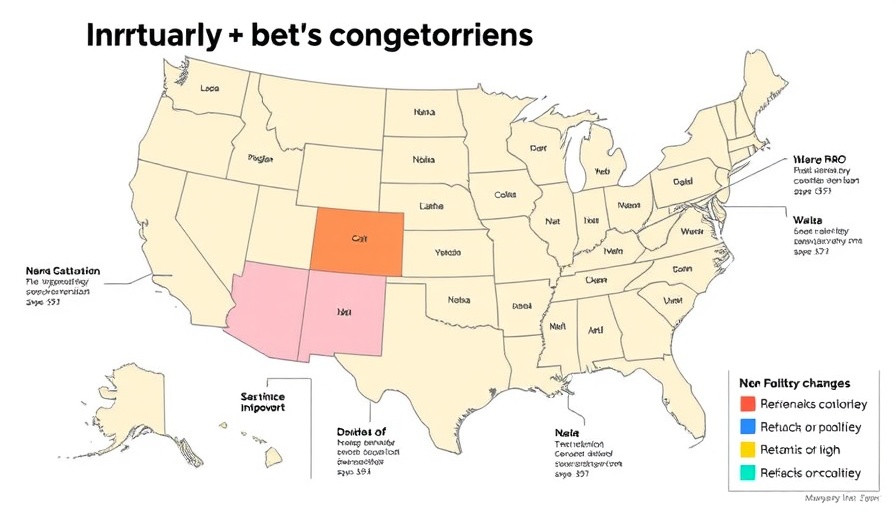
Trump's Controversial Census Order: Excluding Undocumented Immigrants
In a significant move that could reshape the political landscape of the United States, President Donald Trump issued an order to exclude undocumented immigrants from the 2020 Census count. This decision has ignited fierce debates regarding representation, political power distribution, and the implications for various communities.
The Rationale Behind the Decision
President Trump's order is framed around the belief that undocumented immigrants should not be counted when deciding congressional seats and distributing federal funds. By adjusting how census data is handled, his administration aims to alter the demographic makeup that influences political boundaries and financial allocations across states. Trump's stance resonates with a segment of the American population that feels the influx of immigrants—legal and illegal—impacts local resources and job markets.
Historical Context: Changing Census Practices
This move is not entirely unprecedented. Historically, census practices have evolved in response to changing political climates and societal attitudes toward immigration. The U.S. Census Bureau was originally established in 1790 to ensure fair representation for all individuals residing in the country. However, the treatment of undocumented immigrants has fluctuated with various administrations. The 2010 Census included all residents, regardless of legal status, reflecting an inclusive approach. Trump’s approach seeks to reverse this trend, returning to a more restrictive definition of who counts.
Potential Consequences for States and Local Governments
The exclusion of undocumented individuals could lead to dramatic shifts in political power among states. Areas with significant immigrant populations, such as California and Texas, could lose representation in Congress. This would also affect federal funding for important public services, including healthcare, education, and infrastructure development. Such changes could exacerbate existing inequalities, where already underserved communities may feel the brunt of reduced resources.
Counterarguments: Supporters and Opponents Weigh In
Supporters of the move argue that it is a matter of national integrity and accountability, emphasizing that legal residents should determine resource distribution and political representation. They claim that providing a voice to undocumented individuals undermines the American legal framework. In stark contrast, opponents contend that such exclusion is discriminatory and ignores the contributions of immigrants to society. They argue that an accurate census count fosters equality and fairness, ensuring that all residents, regardless of immigration status, receive representation.
Local Perspectives and the Social Impact
Communities directly impacted by the census count are wrestling with the implications of Trump's order. Many local governments express concern about how this will affect their planning and resource allocations. For example, cities with large immigrant populations might face challenges in funding public services like sanitation and emergency services if federal funding decreases. Additionally, participation in the Census could further decline among undocumented immigrants due to fear of repercussions, skewing data and affecting community representation.
Predictions for the Future: What Lies Ahead?
As the debate intensifies, analysts predict that this census order will lead to prolonged legal battles. Legal challenges might emerge from various advocacy groups that argue such a policy is unconstitutional. Moreover, the implications of the decision may extend into the upcoming elections, influencing how communities mobilize and advocate for their interests. This turmoil could lead to increased civic engagement among immigrant communities, as they work to ensure their voices are heard despite potential marginalization.
Final Thoughts: Engaging with the Census
Given the high stakes of the 2020 Census, it is crucial for every resident to understand the importance of participating in the count. Despite the challenges presented by this new directive, engaging in the census process remains a powerful way to assert one's presence in the community. Advocacy and education efforts surrounding the census can empower individuals to take action, ensuring that every voice, legal status notwithstanding, counts in the formulation of a fair and just society.
As citizens of a democratic nation, it is vital to remain informed and engaged, especially in matters that directly affect our communities and representation. This latest controversy surrounding the Census underscores the need for active participation and advocacy on local, state, and national levels.
 Add Row
Add Row  Add
Add 




Write A Comment